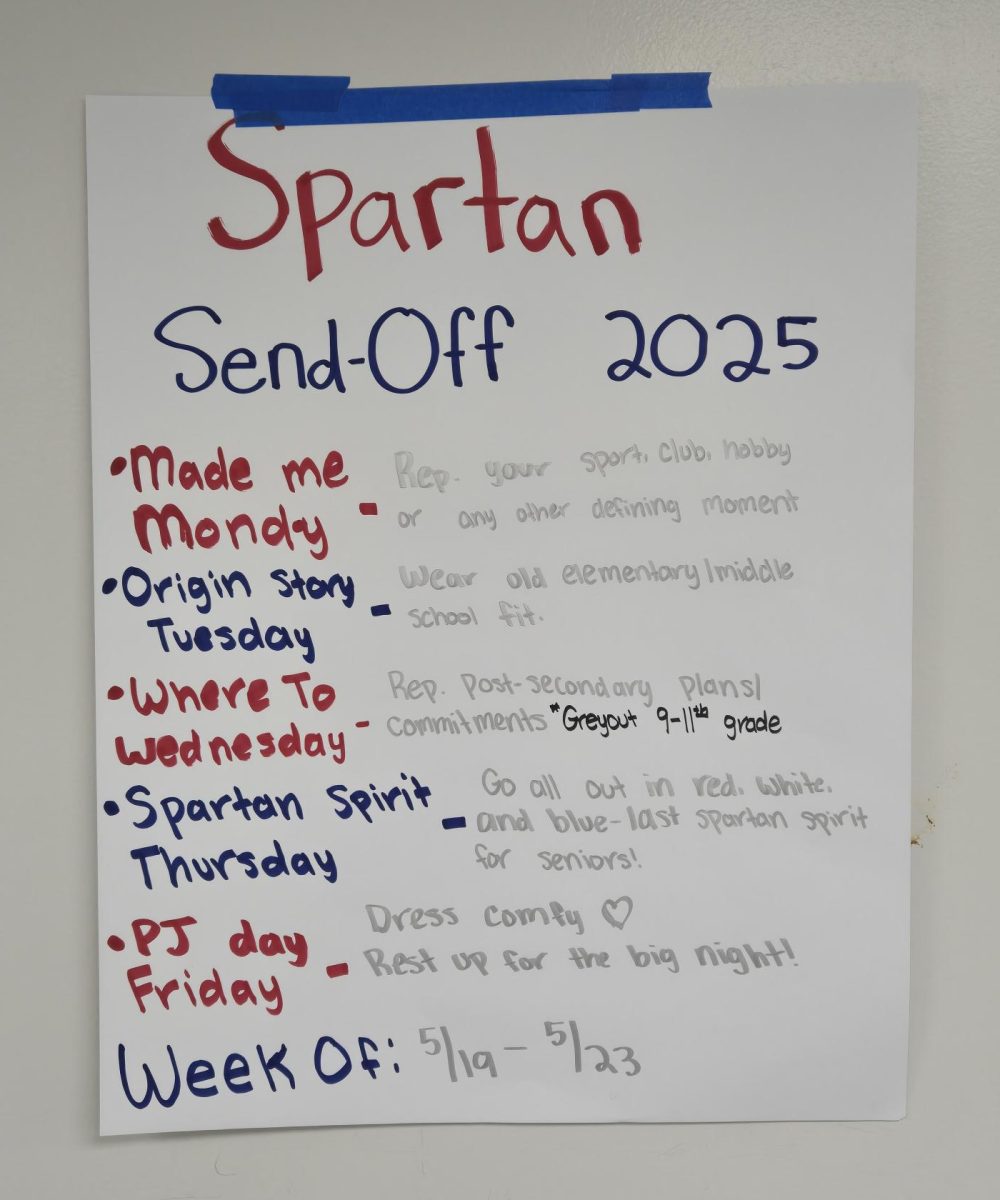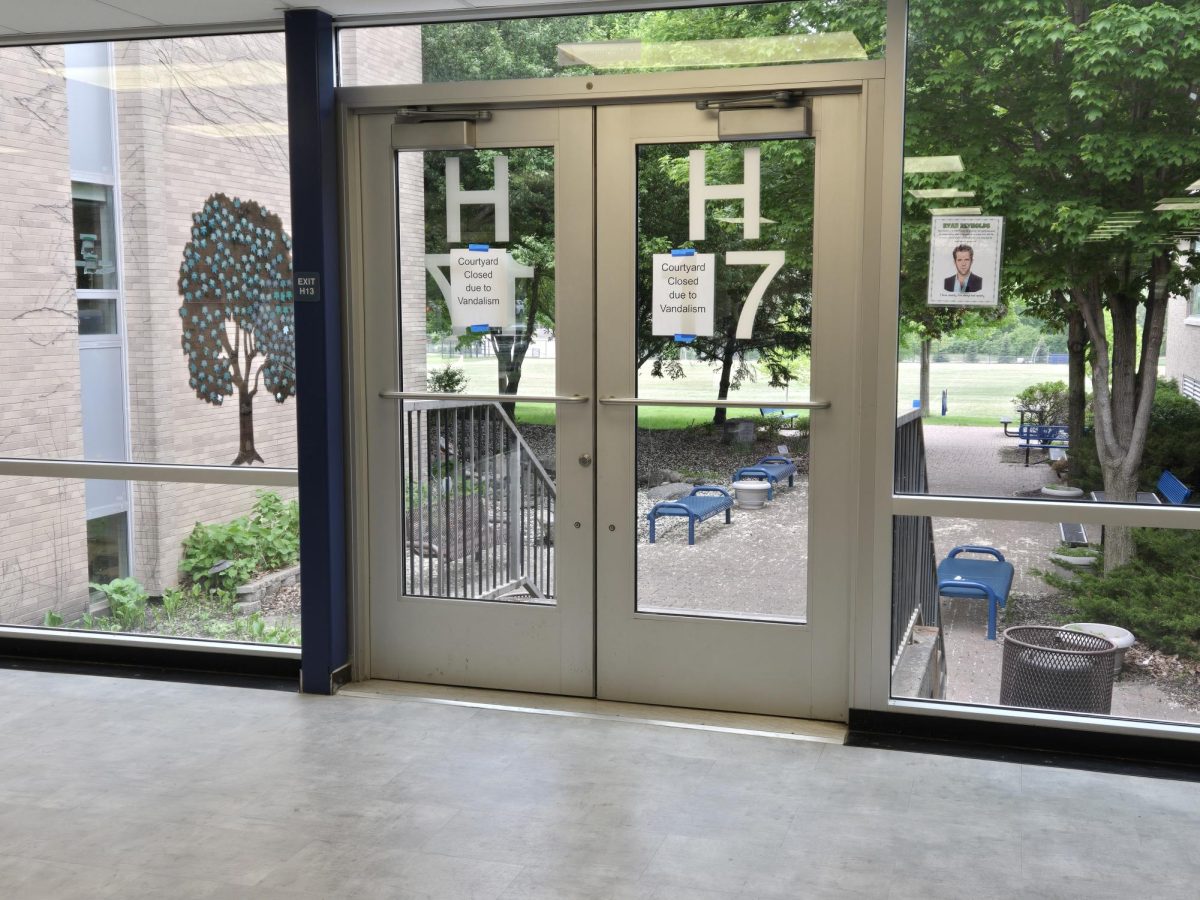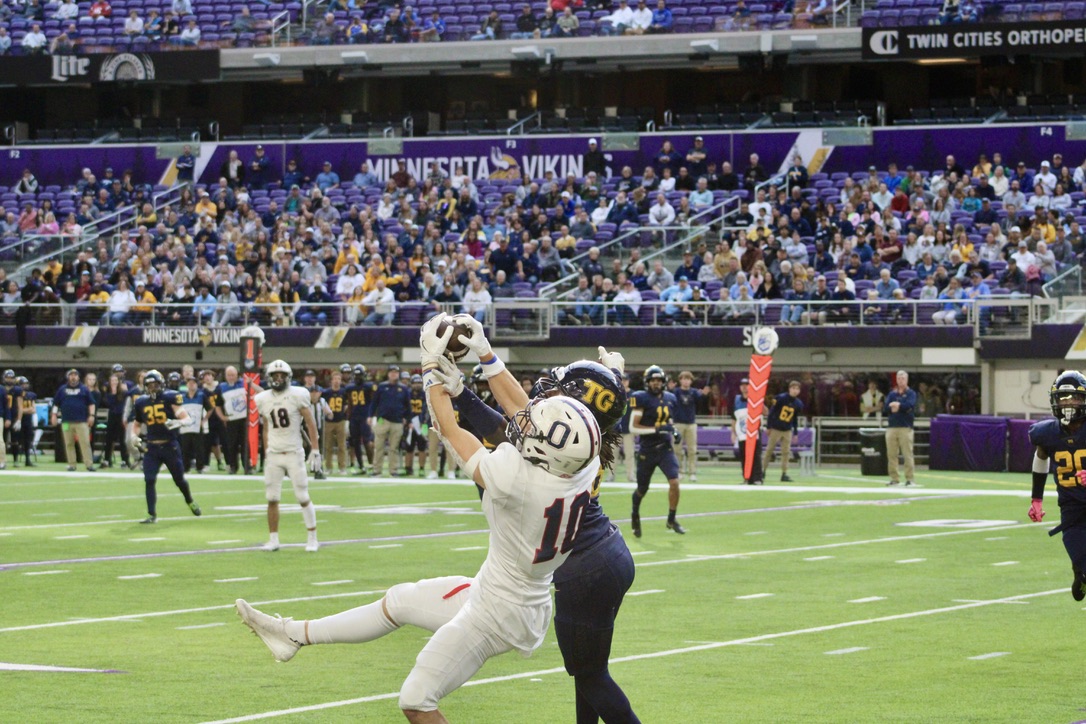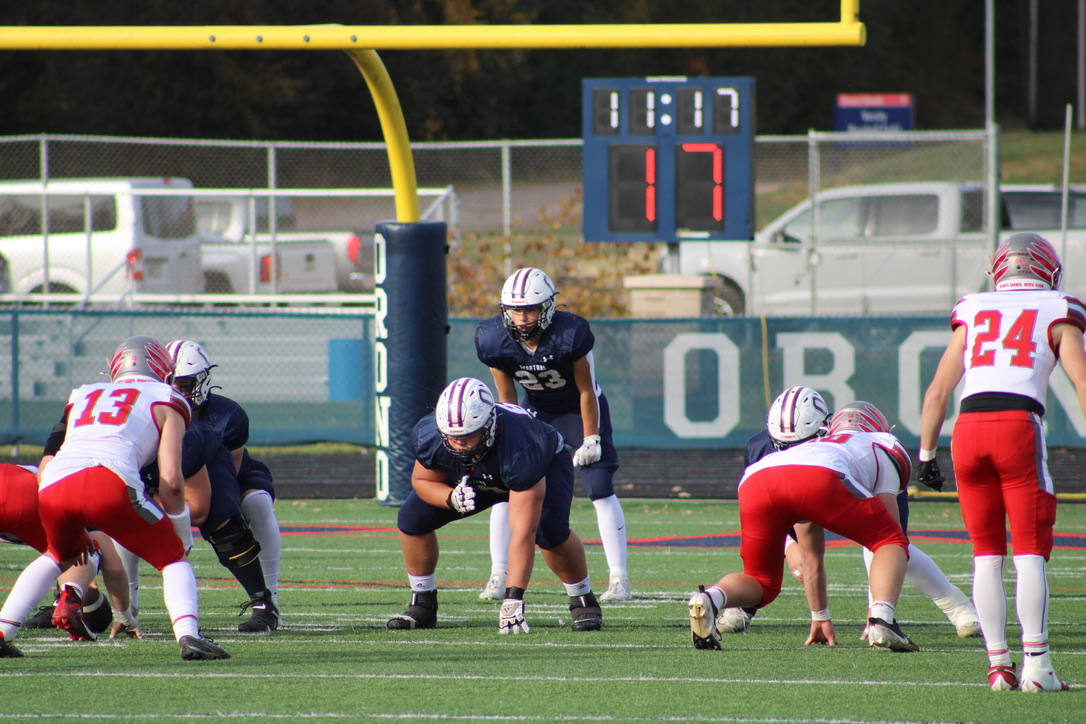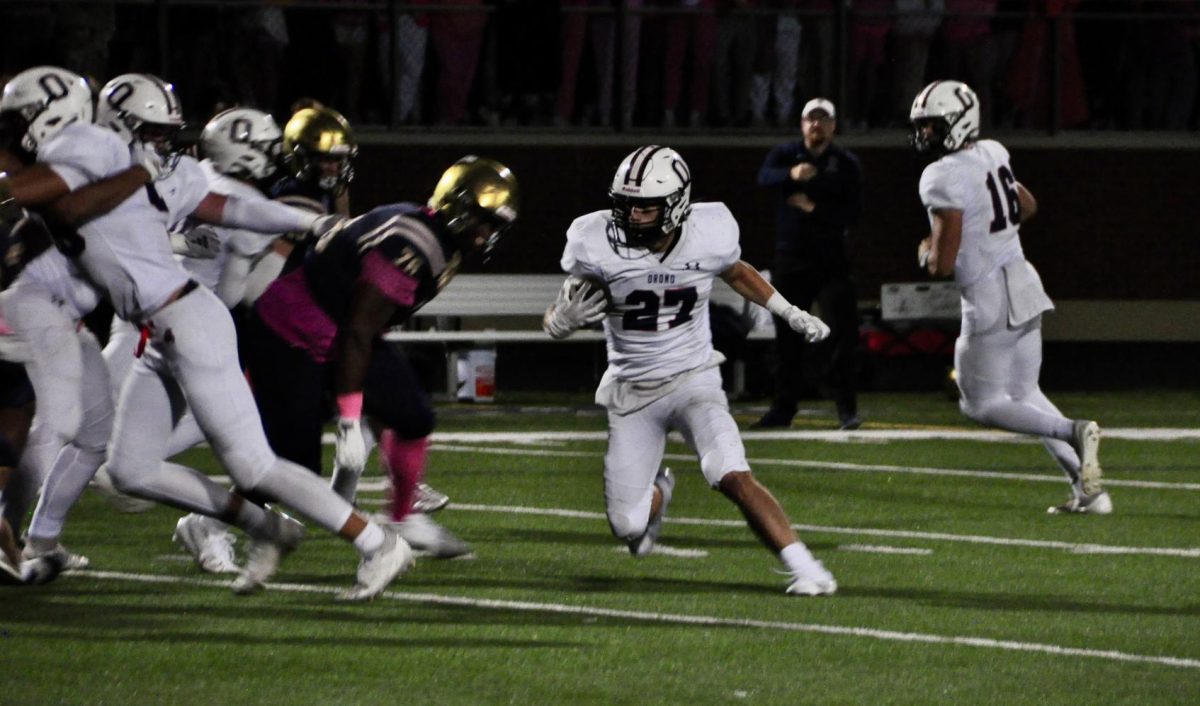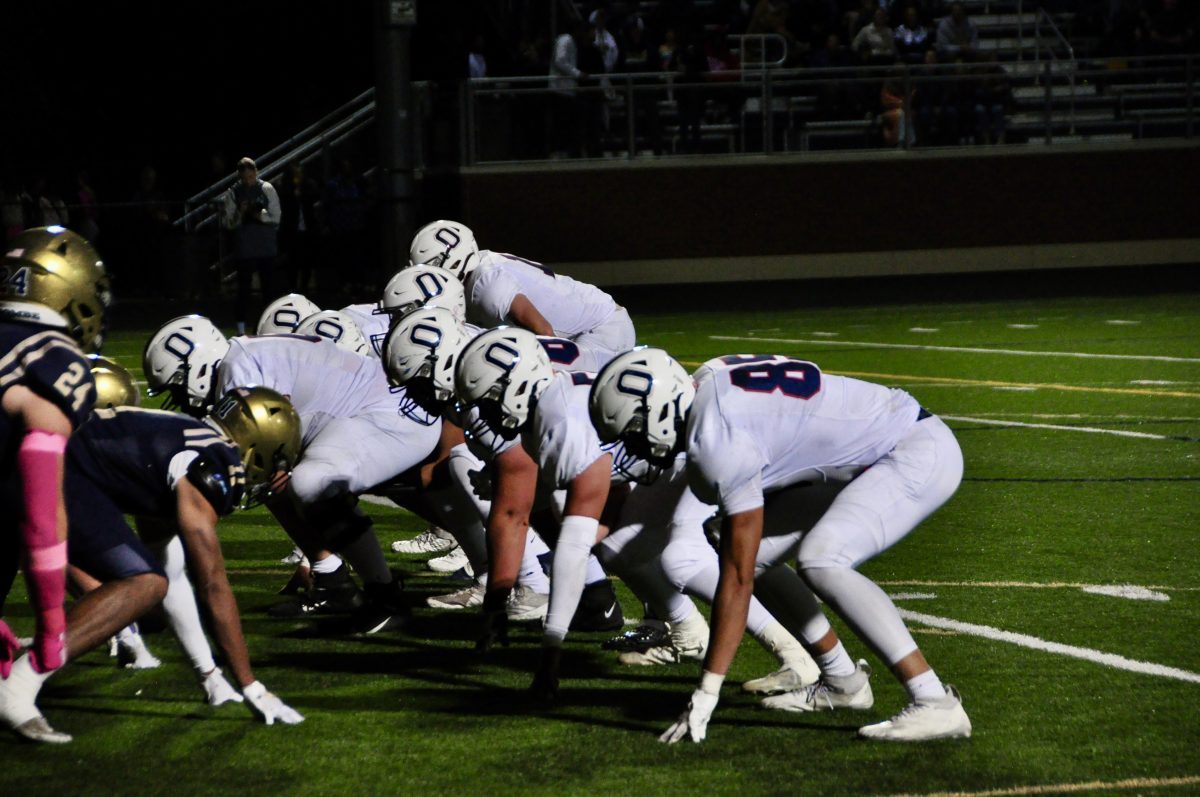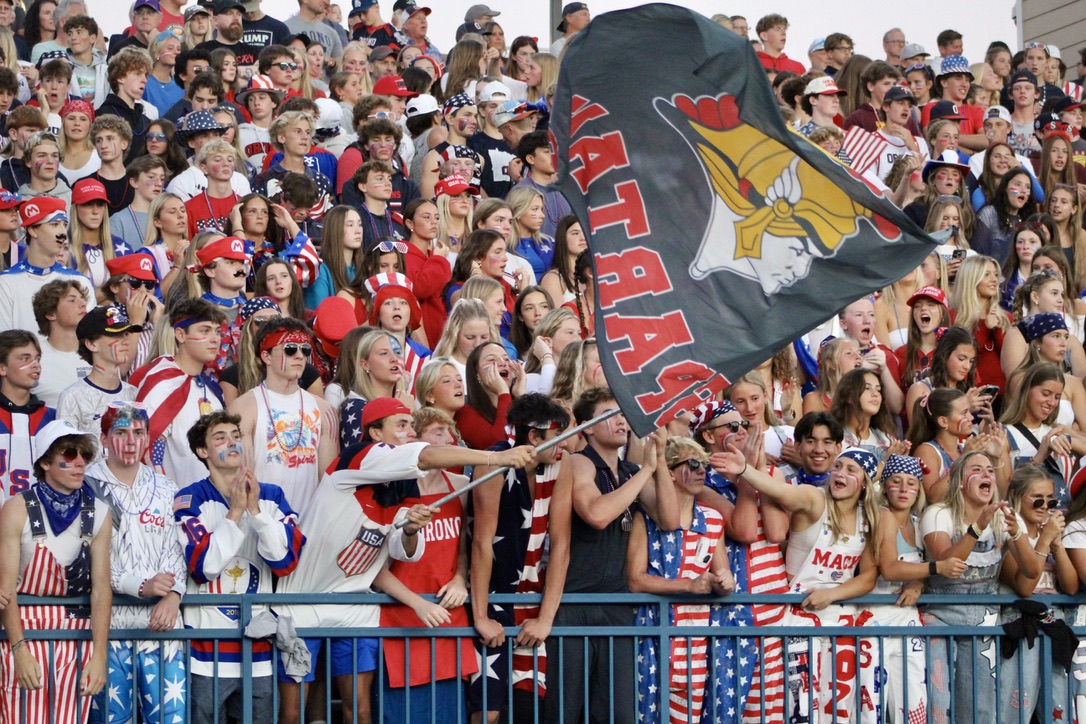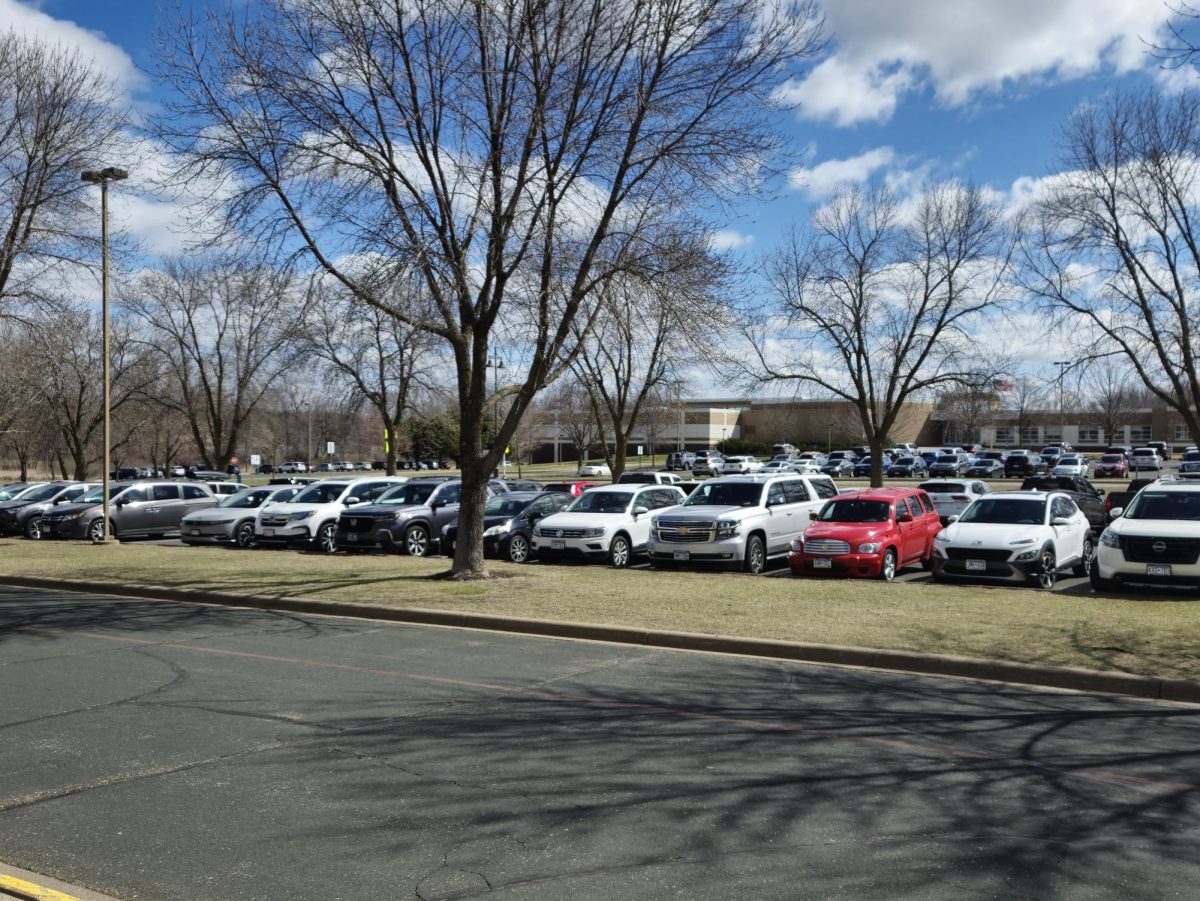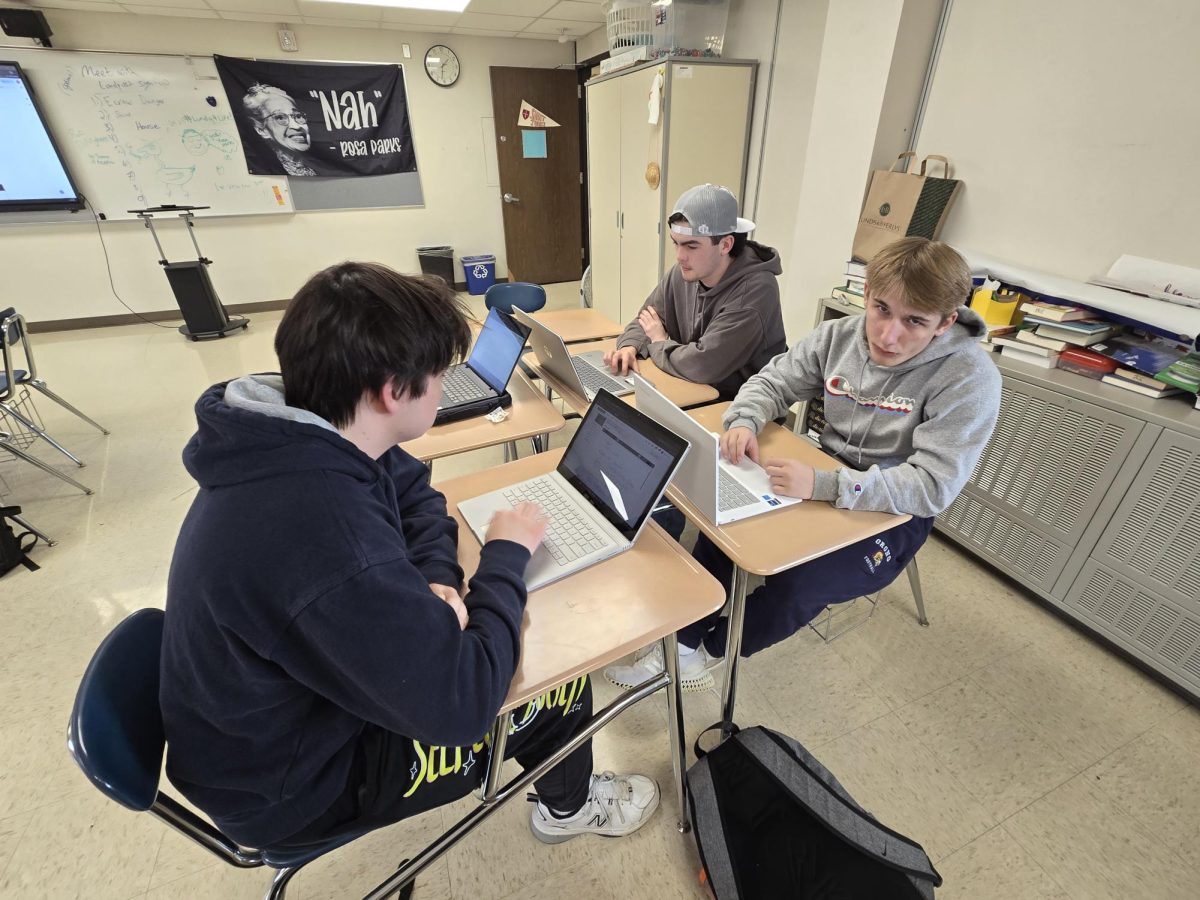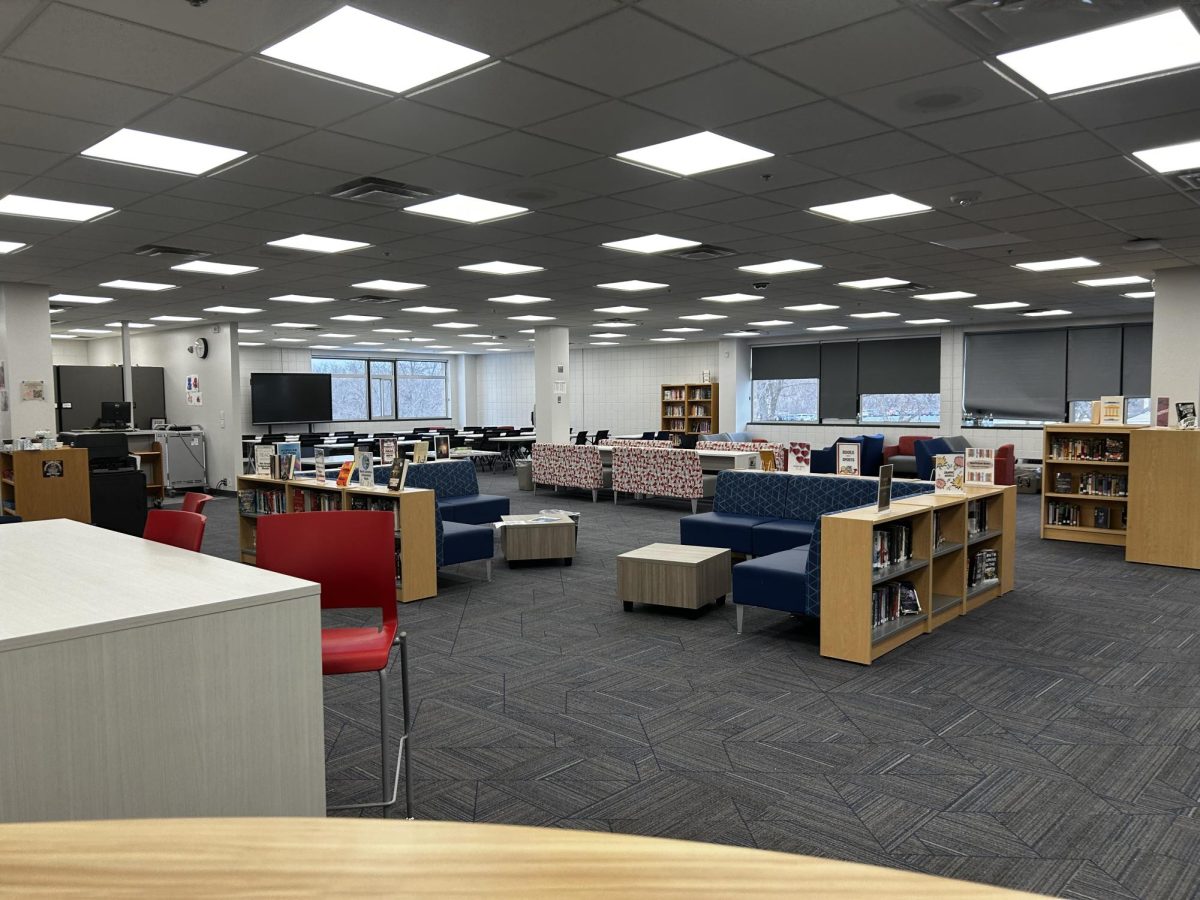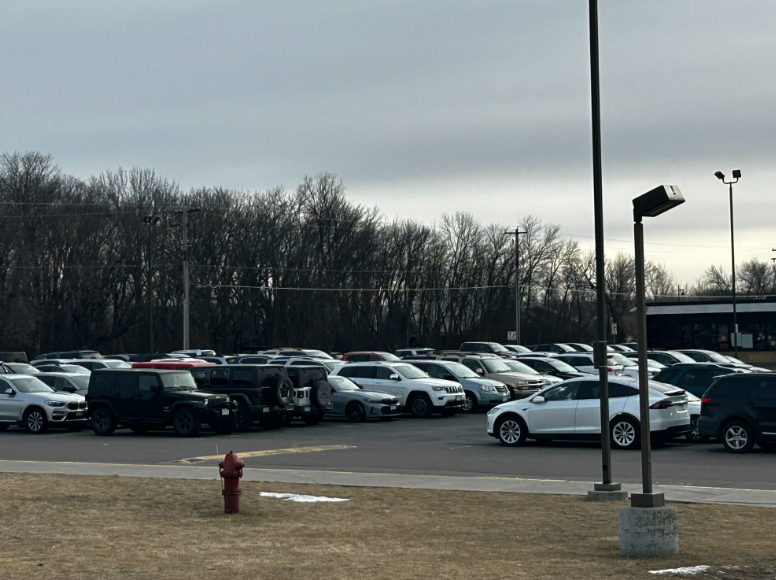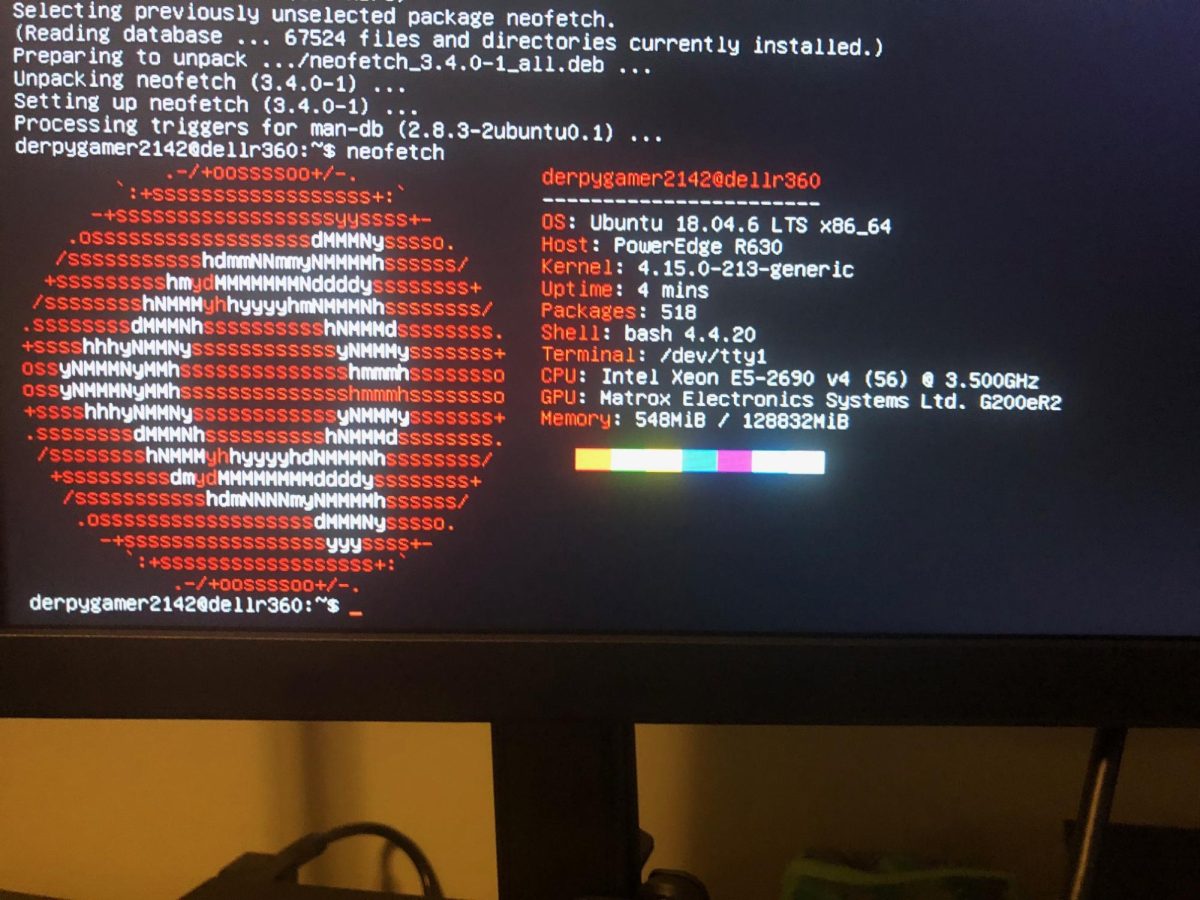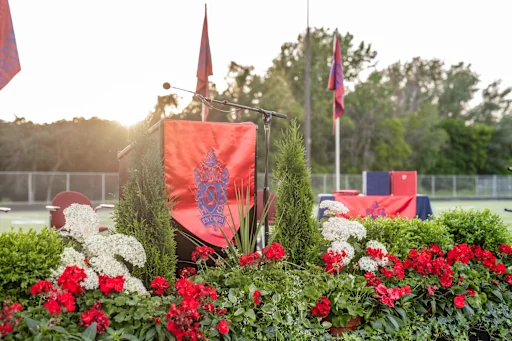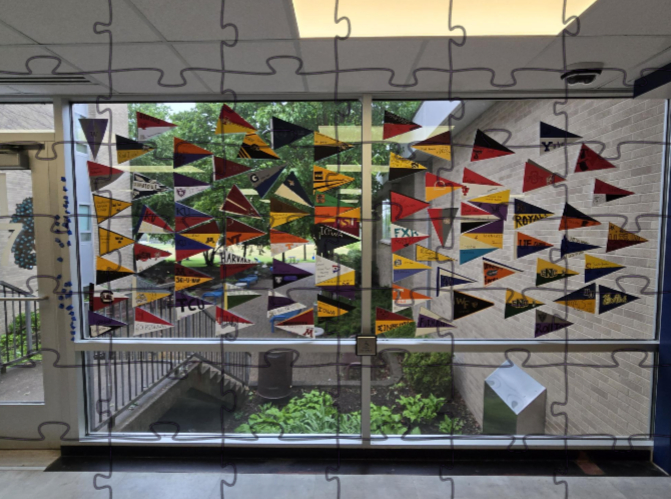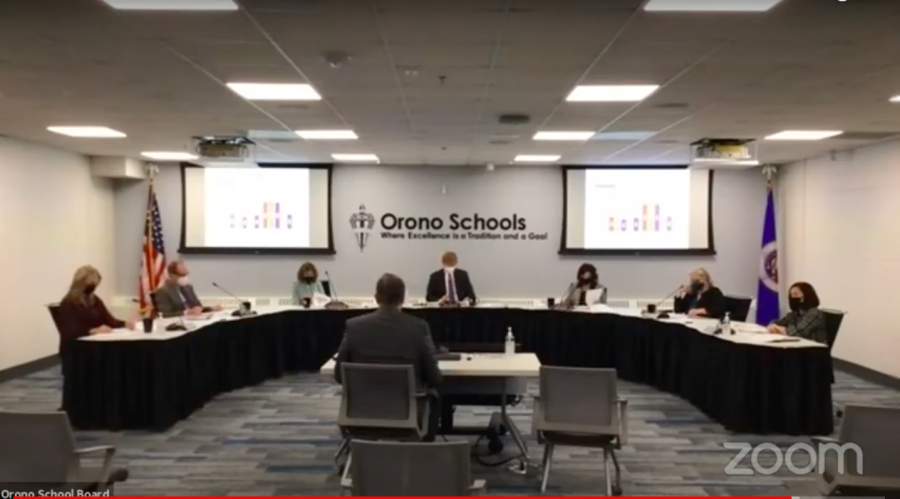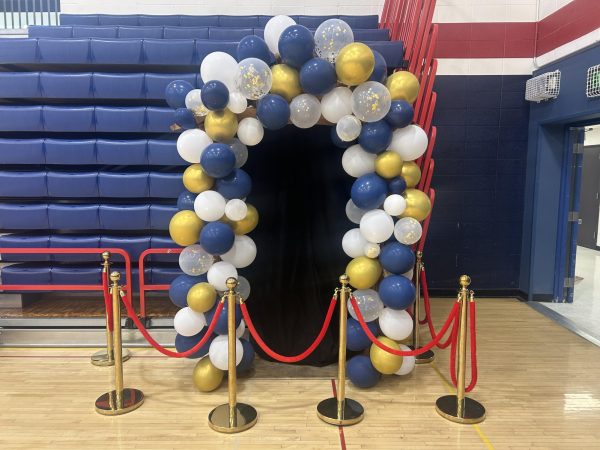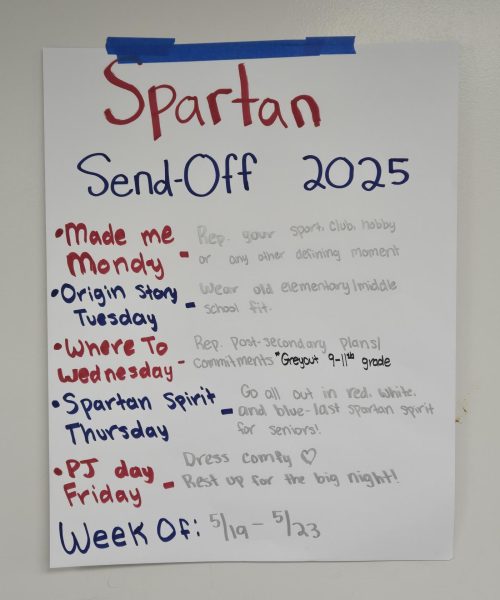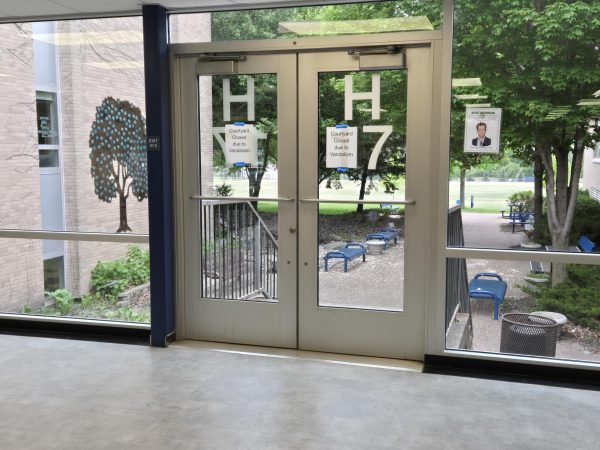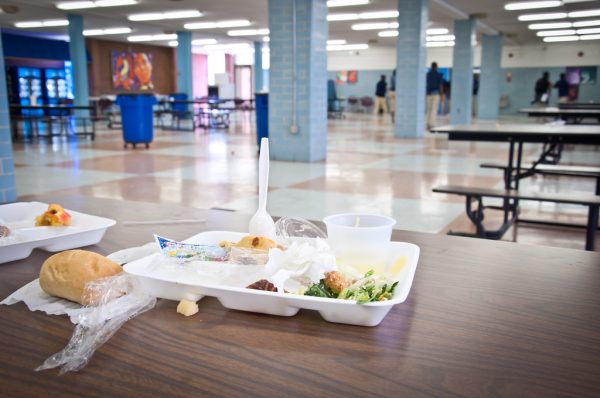Orono School Board makes impactful changes to meetings
School Board Members meet together on Monday, November 8th, to discuss their objectives for the meeting.
School Board meetings across the country have changed dramatically since the beginning of the COVID-19 pandemic. Not only has this shift in meeting protocols affected schools nationwide, it has also affected schools statewide, including our very own district, Orono High School.
“Beginning October 25, we shifted to listening sessions during our School Board Meetings. We’ve received positive feedback regarding these listening sessions, which we feel positively about,” the superintendent of the Orono School District, Dr. Kristine Flesher said.
These “listening sessions” that have been put in place, allow for members of the community to voice their concerns or opinions to the board members in a one-on-one setting. To sign up for a time slot, one would need to fill out the following form a few hours before the meeting: Listening Session Form.
According to an email sent out by the Orono School Board members, Livestream options will also be available for those unable to attend the meetings in person. Accessible via a link on the School Board website, there will also be an audio, video and minute recording for each segment of the meeting.
“The opportunity to ask questions to clarify a person’s point or just to understand their concerns on a deeper level has been really beneficial,” Sarah Borchers, the School Board vice chair said.
There have also been other reasons as to why School Board meetings across the country have shifted their guidelines. According to a Kare 11 story covering a masking disagreement between two parents; the two conflicted over the need for mask requirements in their K-12 school district, located in Carver County, Minnesota. After accusations were thrown and physical violence was used, the two were escorted out and the Board members issued an apology.
“My main discussion at the meeting was my point of view as a student, regarding the concerns surrounding COVID-19. Not only was I the only student there, which was intimidating, I was also the very first person to speak. There were people that were making threats and saying some pretty horrendous things,” junior Sam Jackson continued, “After running into one of the School Board members after the meeting, she thanked me for speaking on the topic,” Jackson said, after attending the meeting on September 2, before the changes were announced.
According to the article, “The Increasingly Wild World of School-Board Meetings,” the National School Boards Association has seen an increase in threats of violence and acts of intimidation directed at School Board members across the country. A big part of it does not have to do with the community’s political views, but rather their need to display an anonymous comment section in real life.
“Usually, there are not many people at meetings. But this fall, there has been a lot more attendance. A drastic increase than in previous years,” OHS vice principal Jeffrey Aman said.
Not only in Minnesota, but school districts nationwide vary in their size and resources. The larger and wealthier districts are historically located in major urban areas, according to Britannica. Located in a more urbanized area in Minnesota, Orono has had the opportunity to allow for this informational feedback from the public. With listening sessions in place, the hope is to engage the public audience in sharing their opinions and ideas on topics relative to the community. On top of that, ensuring members of the community are able to utilize their freedom of speech and keeping the environment safe from potential violence, are both top priorities as well.
“The meetings seem to be very focused. They also seem to be efficient and working well. I think the smaller setting that these new listening sessions provide allow for a more focused and conversational discussion between members of the community and the Board Members,” Aman said.


